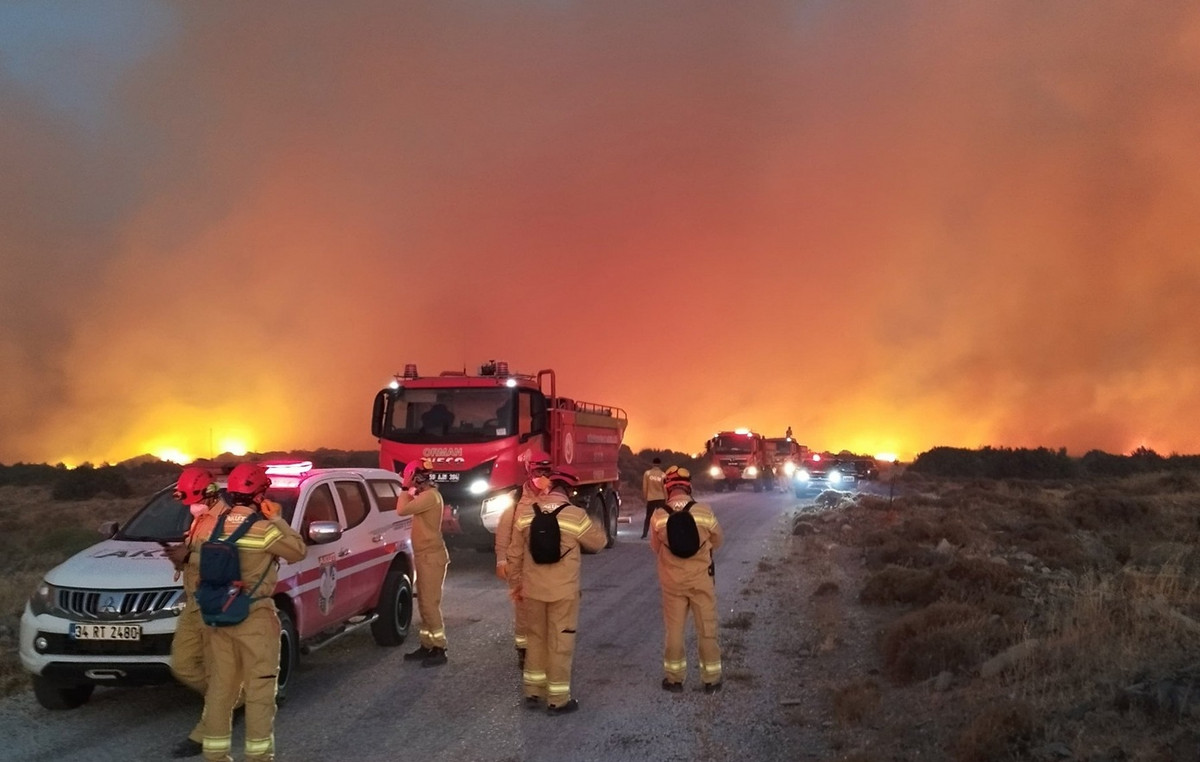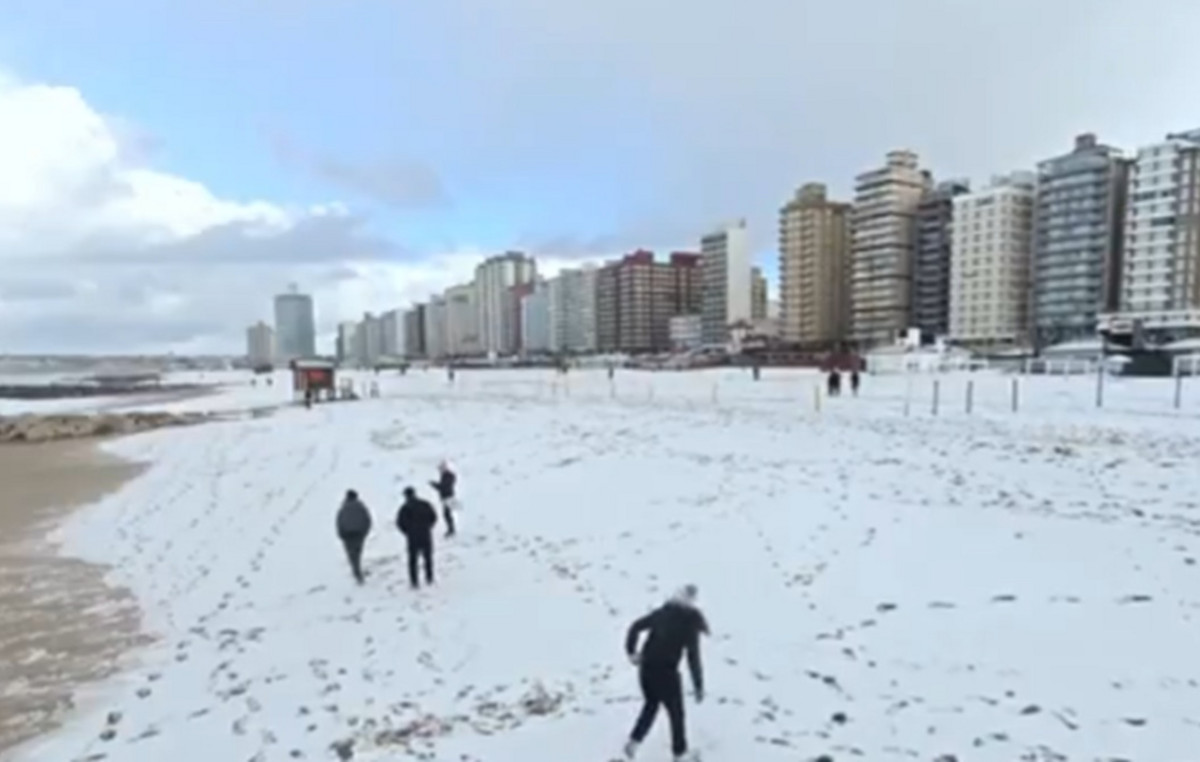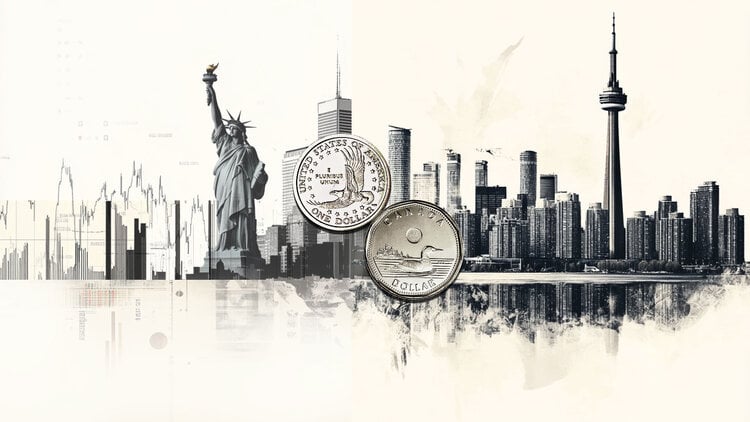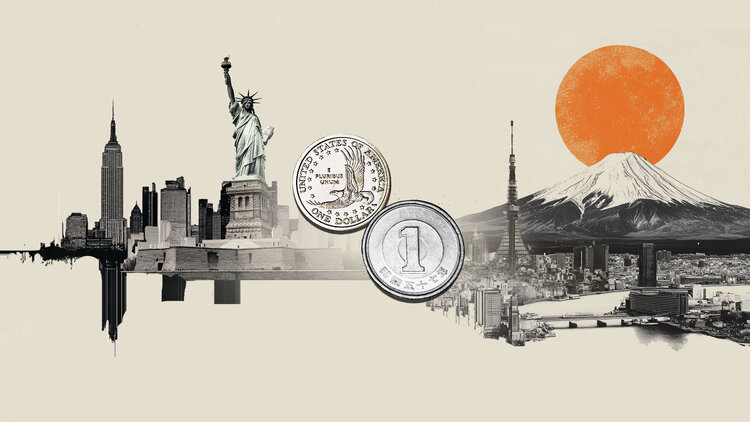As Western sanctions take hold, Russians are bracing for a dramatic change in their standard of living, with their savings declining in value and imports of everyday goods quickly cut.
Last week, several Western companies abandoned their Russian operations to avoid running afoul of sanctions.
They are also avoiding potential public relations quagmire that can result from maintaining ties with a country that is increasingly seen as an outcast on the global stage.
On Tuesday, Apple said it had stopped selling all of its products in Russia, following similar steps by car and truck makers including Ford, General Motors, Volvo, Renault and Jaguar.
Western oil giants Shell and BP ended joint ventures with Russian counterparts earlier this week.
Disney, together with WarnerMedia, the parent company of CNNis pausing the release of films in Russia.
Adding to the economic pain, two of the world’s biggest container shipping companies, Maersk and MSC, said they are halting cargo bookings to and from Russia, with the exception of food, medicine and humanitarian supplies.
Freight trains are on the tracks in Munich, Germany, Northern sorting yard, on February 28. After Russia’s attack on Ukraine, Western countries imposed numerous sanctions, and the EU imposed an export ban on goods, technologies and services for the aerospace industry.
Freight trains are on the tracks at the shipyard in Munich, Germany, north on February 28.
After Russia’s attack on Ukraine, Western countries imposed numerous sanctions, and the EU imposed an export ban on goods, technologies and services for the aerospace industry.
These outflows, combined with the falling value of the ruble, threaten to choke Russia’s economy and deprive Russians of crucial foreign goods such as cars, cell phones, clothing and food.
While Russia’s economy is primarily driven by exports of oil and natural gas, it relies heavily on imports of finished consumer products.
Russia’s currency is down around 25% on Monday, and a ruble is now worth less than a US cent.
The weakening ruble is likely to exacerbate inflation, which was already well above the central bank’s target before Putin’s invasion of Ukraine.
Already there are signs of panic, with several reports of residents waiting in long lines at ATMs over the weekend. The central bank avoided a stock sell-off by keeping the stock market closed this week.
It also more than doubled its interest rate to 20% to try to stabilize the currency.
If history is any indication of how President Vladimir Putin’s regime will respond to a disastrous domestic economy, then ordinary Russians could face a difficult life change.
After the 2014 invasion of Crimea, Russia responded to Western sanctions with so-called import substitution policies to try to reduce its dependence on foreign goods.
While more successful than most Western observers expected, these policies had mixed results.
“There has been quite successful substitution, mainly by food and some other parts that go into industrial goods… but it has been mostly at the lower end of the economic scale,” explains Charles Lichfield, deputy director of the Atlantic Council’s Center for Geoeconomics.
High-tech hardware is an oft-cited example.
“This is something that they are extremely dependent on, not necessarily Western suppliers, but suppliers that trade in dollars,” Lichfield said.
The US export restrictions announced last week were designed to hamper Russia’s military advance — without putting undue pressure on Russian consumers.
But the ruble’s collapse is already causing panic in a country that has experienced a similar currency crisis over the past decade.
If the latest sanctions persist, Russia is far more likely to double down on domestic surrogates and tell its citizens to simply adapt than to negotiate with the West.
“The way they handled it in 2014/15, the way they’re going to handle it now, is just taking inflation on their chin, enacting replacement policies and using oil revenue to maintain public spending,” Lichfield said.
The Russian government can do this because public opinion is not as important to the Putin regime as it would be in a Western democracy.
“There’s no real opposition, so the standard of living went down in 2014/15,” Lichfield said, “but it didn’t really have a political consequence. And I think they predict it will be the same this time.”
Source: CNN Brasil
I am Sophia william, author of World Stock Market. I have a degree in journalism from the University of Missouri and I have worked as a reporter for several news websites. I have a passion for writing and informing people about the latest news and events happening in the world. I strive to be accurate and unbiased in my reporting, and I hope to provide readers with valuable information that they can use to make informed decisions.







